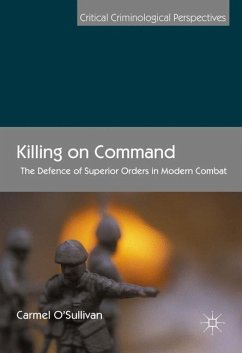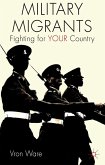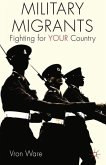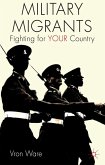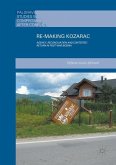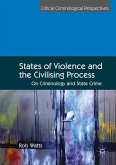This book explores the unique social and environmental factors which influence soldiers to commit war crimes. With a focus on decision-making processes, this monograph provides a significant interdisciplinary analysis of how soldiers decide to follow the commands of their superior officers, even if that means acting illegally. Making the key distinction between normal civilian society and the shocking realities of war, the author facilitates the reader with a comprehensive understanding of what a front-line soldier faces in contemporary combat situations.
Killing on Command presents the limits of the law in preventing the occurrence of war crimes. Realistic and practical measures for armed conflict, including the regulation and prevention of violence, and the just implementation of legal standards are all questioned and examined in depth. Given a current focus on the regulation of conduct in war, and the recent prosecution of soldiers, this bookwill be of particular interest to scholars in the fields of criminology and international relations, as well as policy-makers.
Killing on Command presents the limits of the law in preventing the occurrence of war crimes. Realistic and practical measures for armed conflict, including the regulation and prevention of violence, and the just implementation of legal standards are all questioned and examined in depth. Given a current focus on the regulation of conduct in war, and the recent prosecution of soldiers, this bookwill be of particular interest to scholars in the fields of criminology and international relations, as well as policy-makers.
"The book makes a valuable contribution to the extant scholarly literature in that it provides a critical assessment of the overall role of the state in the occurrence of war crimes. ... provides a framework by which to examine how to prevent or curtail the commission of these crimes in the first place. For all of these reasons, many will find reading this book both thought-provoking and worthwhile." (Richard Ehui, Medicine, Conflict and Survival, Vol. 32 (4), February, 2017)

